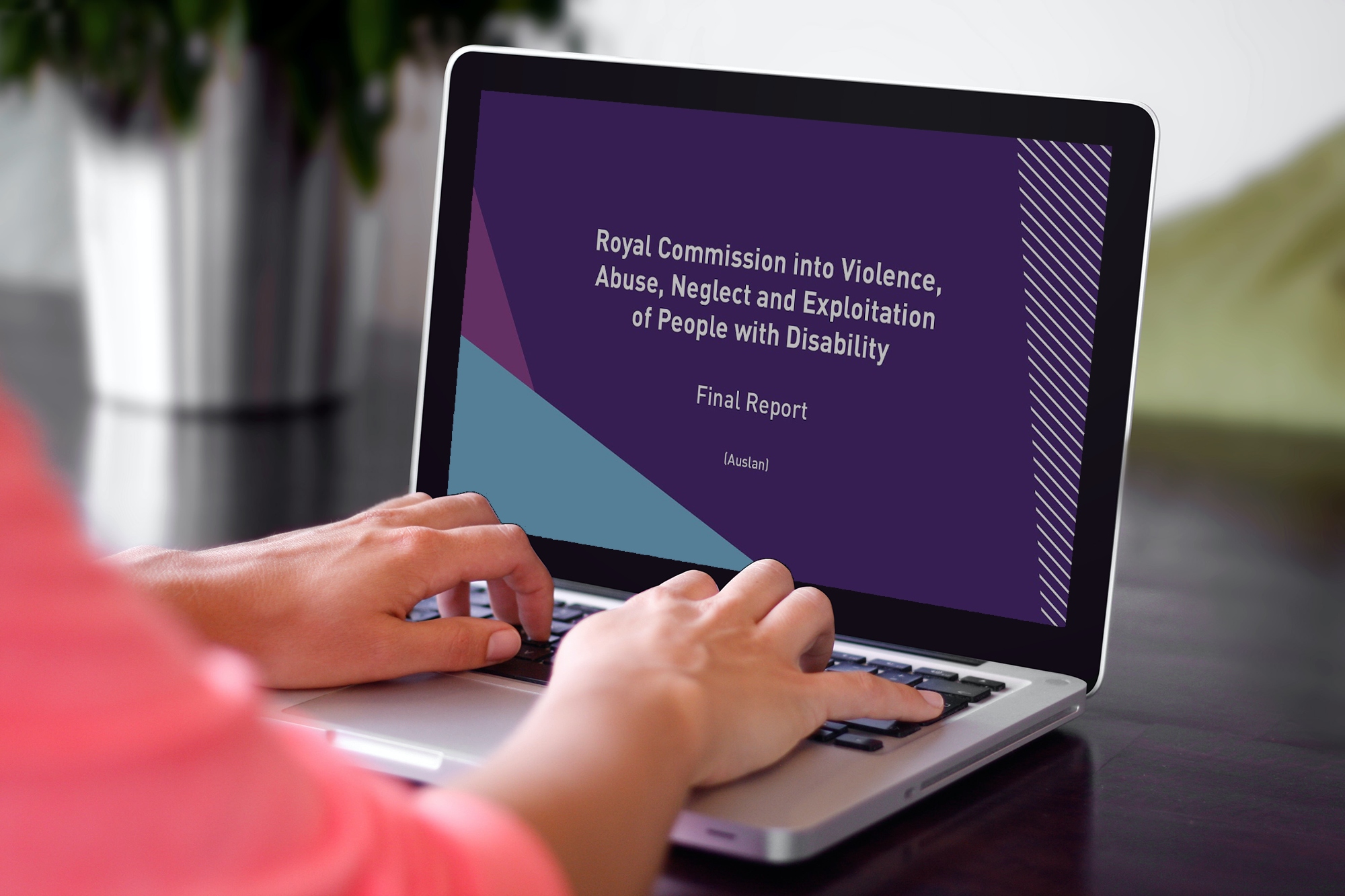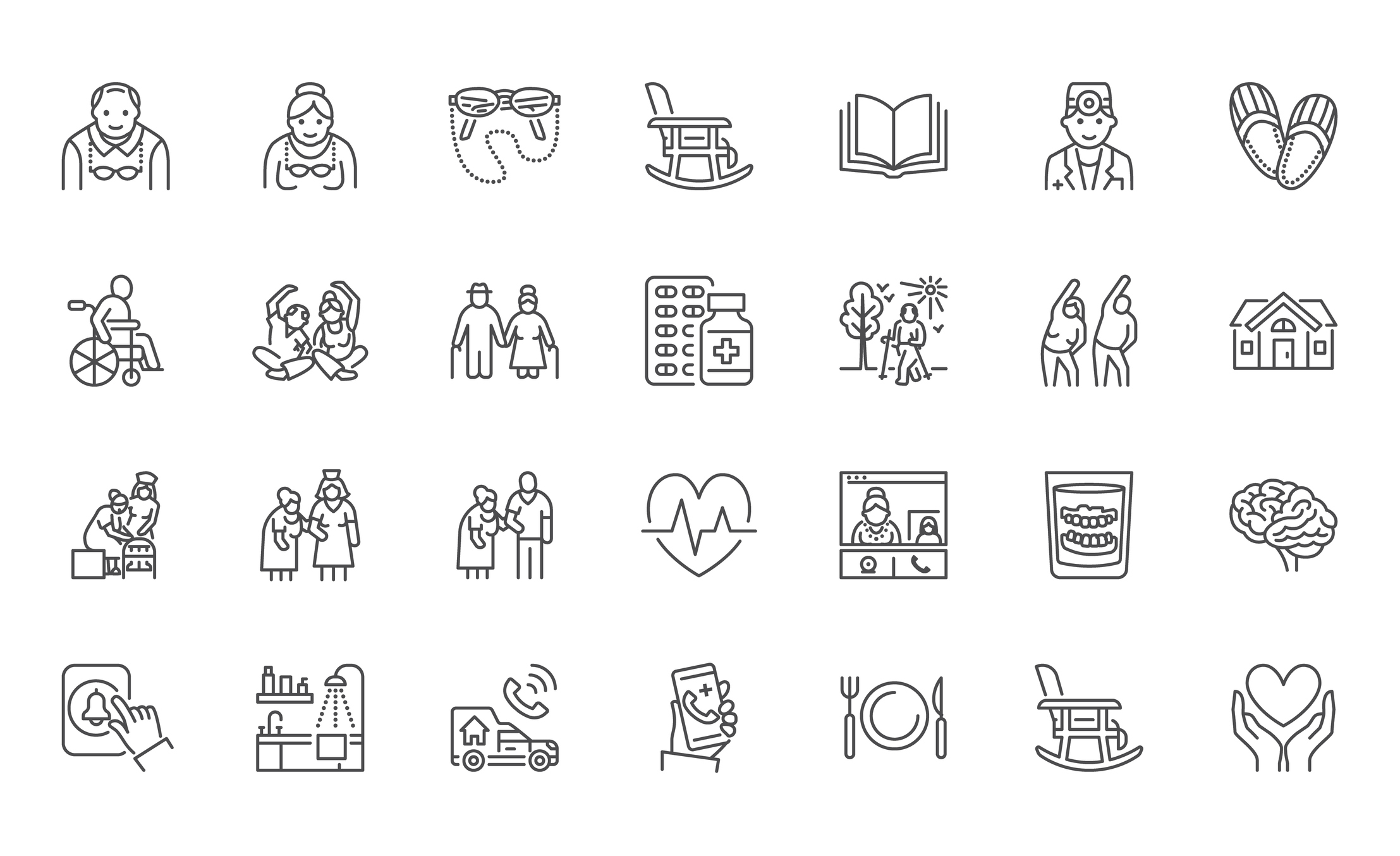Given how quickly information about COVID-19 is moving, it can be difficult for NDIS Providers to understand what they must do, and what they should do to ensure that their workers and participants are as safe as possible. This blog post will give NDIS Providers a snapshot of the actions they are obligated to take, and the actions that they should take, to minimise the risks to workers and participants.
Risk management and minimisation is at the heart of the NDIS Quality and Safeguards Commission’s messaging. Workers who are suspected of having, or are at high-risk of having, COVID-19 should be sent home immediately and work from home where possible. Hygiene, and particularly hand hygiene, practices should be reinforced, including proper cough and sneeze etiquette. Workers should also be informed of the organisation’s contingency plan, so that they are able to prepare for implementing activities that will continue to provide critical supports and services to participants, while reducing their risk of exposure to COVID-19.
Another key theme that both the Commission and the Department of Health are asking providers to focus on is timely communication with the Commission, so that it can conduct risk assessments and help ensure that participants in need are provided with urgent assistance when necessary. This is especially important for providers who become aware of workers and participants who have, or are suspected of having, COVID-19.
NDIS Provider obligations – the “Must Dos”
NDIS Providers must continue to provide supports in line with the NDIS Practice Standards. In the context of COVID-19, this means providing high quality, safe supports and includes the management of risks associated with service provision. NDIS Providers must:
- Manage risks associated with service delivery;
- Reduce the provision of group supports to a minimum;
- Have a business continuity plan in place which has been recently reviewed;
- Ensure workers who are at risk of COVID-19, or displaying symptoms, remain at home;
- Prioritise the immediate needs of participants;
- Comply with the Restrictions on non-essential services;
- Ensure that PPE is available for workers providing essential supports to a participant who is suspected of having COVID-19; and
- Notify the NDIS Quality and Safeguards Commission if there are any changes to your services.
Best practice actions that providers can take – the “Should Dos”
To minimise the risk of exposure to participants and workers, NDIS Providers should, where possible;
- Encourage staff to get flu vaccination;
- Ensure there is adequate PPE for staff. PPE can be requested by emailing the National Medical Stockpile;
- Provide services virtually where possible;
- Reinforce staff hygiene practices. The Department of Health has released an online worker infection control training module; and
- Move services to a participant’s home. If this moves a provider to a different support category for which the provider is not registered, they should contact the Commission.
Restrictive practices
It is important to note that isolating a participant based on medical advice, (consistent with the Commonwealth Chief Medical Officer), is not considered an NDIS Commission regulated restrictive practice. If a participant is in a form of isolation that is inconsistent with the Chief Medical Officer’s advice, or directions from state and territory governments, it may be considered an environmental restraint or seclusion.
How BNG can help providers navigate their obligations during COVID-19
We have a number of useful resources that can assist providers to stay prepared and plan for business continuity during the pandemic. Some examples of some of our resources relevant to the “should dos” and “must dos” are:
- Policy: Business Continuity
- Policy: Infection Prevention and Control
- Policy: Staff Succession Planning
- Policy: Risk Management
- Template: Staff Succession Plan
We are currently developing a COVID-19 preparedness self-assessment for SPP, which will help providers to identify and improve their processes in managing a respiratory outbreak. Subscribers will receive an update regarding the COVID-19 preparedness self-assessment in the next week.
Given the speed of change during this COVID-19 pandemic, providers should keep up to date by checking in as frequently as possible with the latest news from the Department of Health, as well as the NDIS Quality and Safeguards Commission.


